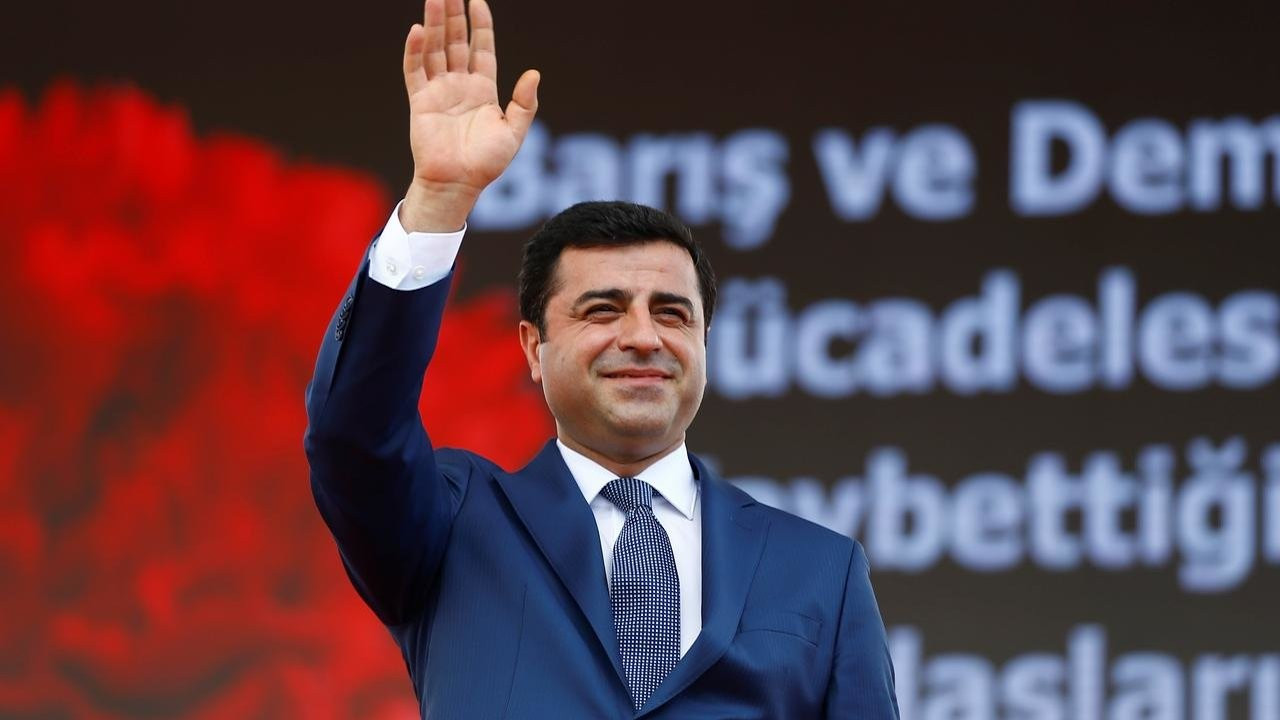Peace process with PKK ended upon nationalists' agreement within state: Osman Baydemir
Former Peoples' Democratic Party (HDP) deputy Osman Baydemir has said that the peace process between the PKK and the state ended upon a widespread agreement between nationalists within the state. "This alliance was first in Turkey's history," he said.
Duvar English
Former Peoples' Democratic Party (HDP) deputy Osman Baydemir has said that the peace process between the Kurdistan Workers' Party (PKK) and the state ended as a result of President Recep Tayyip Erdoğan's alliance with nationalists.
Commenting on the process that began in 2013 and ended in 2015, Baydemir said that the responsibility for its end doesn't lie solely on Erdoğan, adding that the Nationalist Movement Party (MHP) also sought for it to be terminated.
"This was the MHP's demand. This was the demand of Ergenekon," he said in an interview with news website Diken on Nov. 14, referring to an alleged clandestine organization within the state.
The Ergenekon case is considered one of the infamous sham trials launched by the followers of U.S.-based Islamic preacher Fethullah Gülen in the judiciary to target their enemies and consolidate their power in state structures.
"This was the representation of a new regime. This alliance had never been done in Turkey's history. Such an alliance was formed before the Armenian genocide," he said.
According to Baydemir, former HDP co-chair Selahattin Demirtaş's vow on not making Erdoğan president in 2015 had no effect on the end of the process contrary to common belief.
"The reason for why Demirtaş, [former HDP co-chair Figen] Yüksekdağ, mayors and deputies are in prison is the alliance that the government did after 2015 with parts of the state that support the status quo in terms of enmity against Kurds in the Middle East," Baydemir said.
Saying that a single factor can't be pointed out for the end of the peace process, the politician noted that the HDP presented various options to Erdoğan and the government for the process to continue, including backing possible coalitions.
While emphasizing that his remarks are not binding for the HDP, Baydemir noted that what led to the HDP passing the 10 percent election threshold as the first Kurdish issue-focused party in the June 7, 2015 elections was the environment without any military conflict.

 Prosecutor deems Demirtaş's book 'terrorist organization document'Human Rights
Prosecutor deems Demirtaş's book 'terrorist organization document'Human Rights Prison authorities block Kurdish politician from receiving fish patterned dress for 'being risky'Human Rights
Prison authorities block Kurdish politician from receiving fish patterned dress for 'being risky'Human Rights